EDITORIAL
Published on 10 Mar 2022
Editorial: Cave Deposits: Processes, Approaches and Environmental Significance
doi 10.3389/feart.2022.858704
- 1,465 views
- 1 citation
8,846
Total downloads
40k
Total views and downloads
Select the journal/section where you want your idea to be submitted:
EDITORIAL
Published on 10 Mar 2022
ORIGINAL RESEARCH
Published on 02 Mar 2022
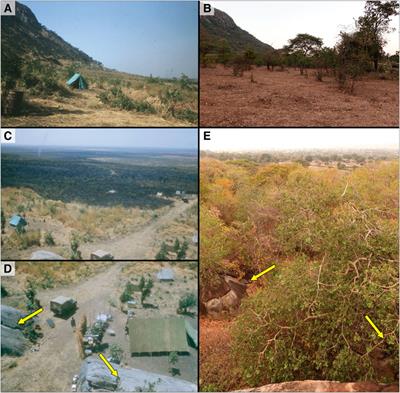
REVIEW
Published on 24 Jan 2022
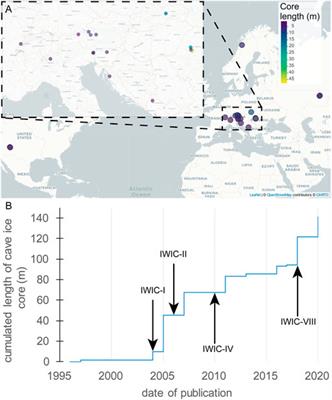
ORIGINAL RESEARCH
Published on 27 Aug 2021
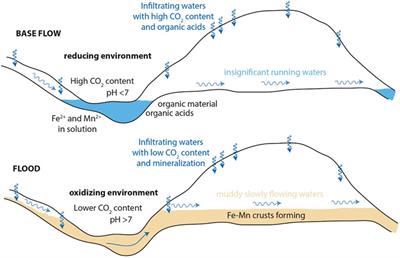
ORIGINAL RESEARCH
Published on 30 Jun 2021

ORIGINAL RESEARCH
Published on 28 May 2021
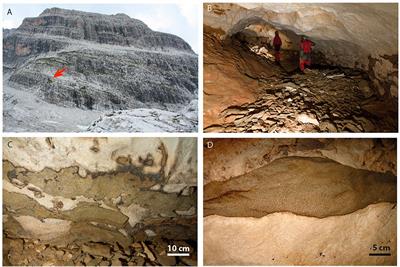
BRIEF RESEARCH REPORT
Published on 20 May 2021
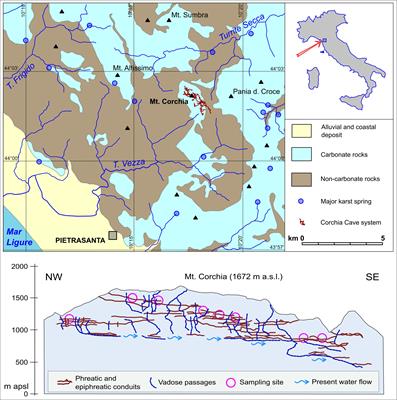
ORIGINAL RESEARCH
Published on 29 Apr 2021
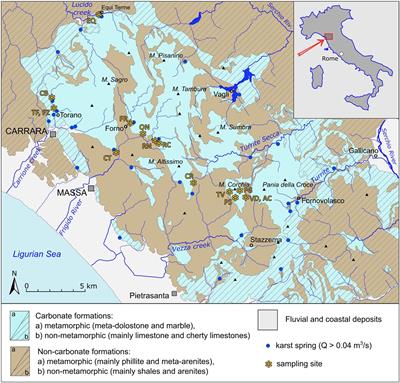
ORIGINAL RESEARCH
Published on 12 Mar 2021
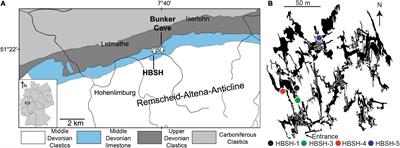
ORIGINAL RESEARCH
Published on 16 Dec 2020
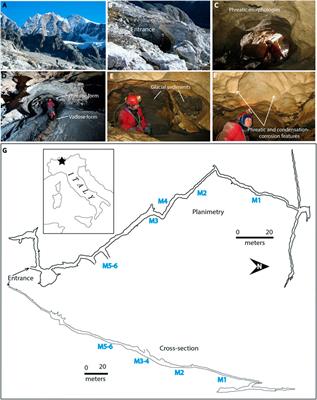

Frontiers in Environmental Science